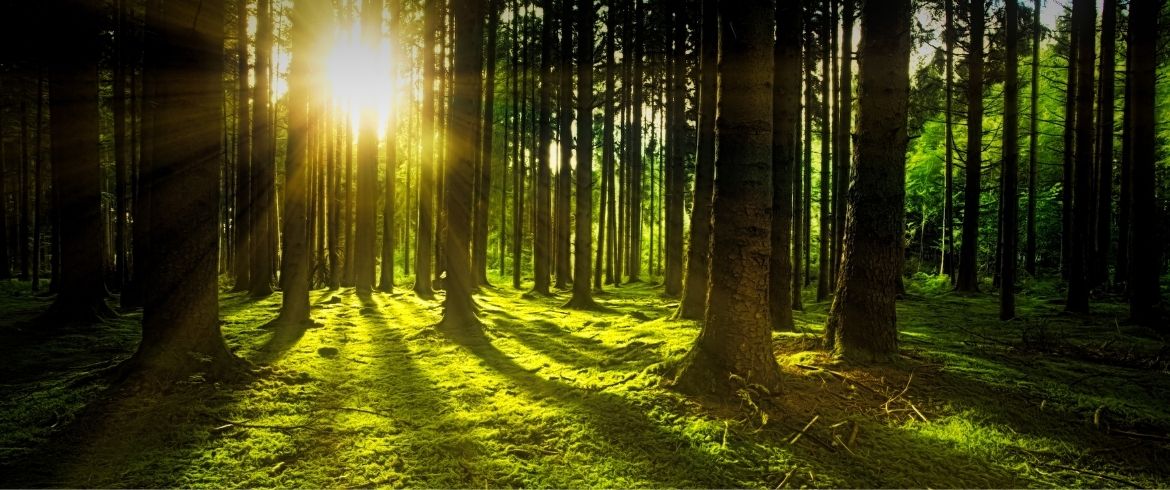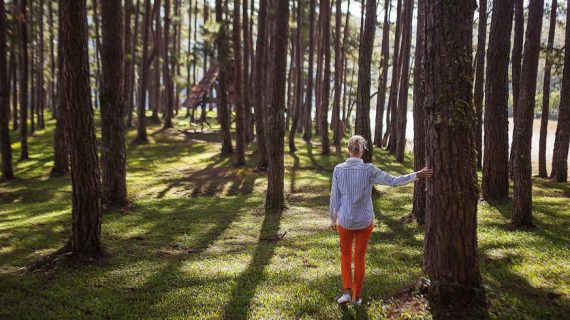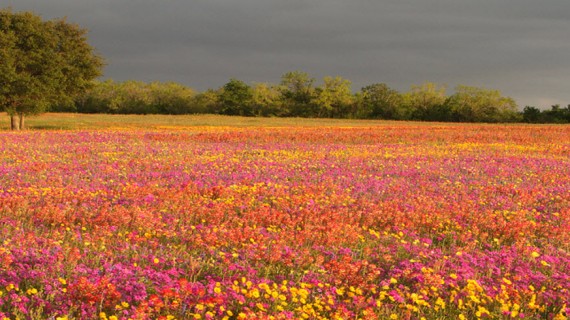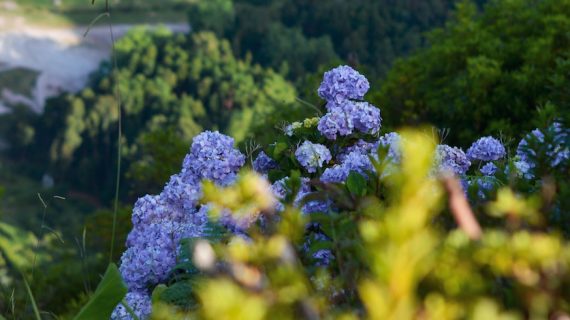According to a new study, forests defend us from viruses and pandemics, while deforestation causes them to spread
Covid-19 has had a negative impact on our lives but it has taught us how much the survival of our species depends on nature. A very recent study, published in the scientific journal Frontiers in Veterinary Science, confirms the relationship between deforestation and the spread of Pandemics. Forests are a natural antivirus as they protect biodiversity which in turn protects us from the spread of viruses.
The study shows that infectious disease outbreaks spread more easily in areas where deforestation has occurred. Furthermore, scientists show that monoculture plantations are just as dangerous and are equally likely to increase infectious disease outbreaks. These crops based on a single plant species greatly reduce natural biodiversity, which plays a crucial role in keeping the spread of viruses and pandemics in check.
Deforestation, Biodiversity Loss and Pandemics according to Biology
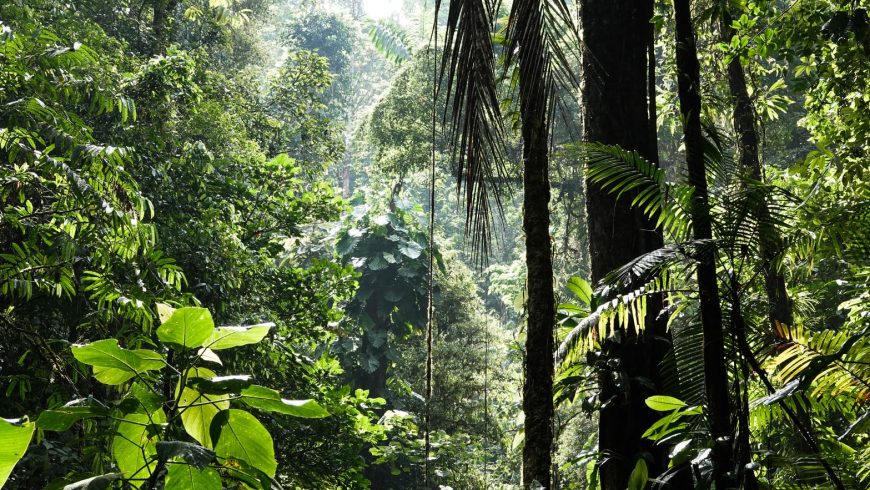
As the number of viruses increases at a staggering rate, the link between biodiversity and the protection of our species becomes undeniable. Imagine the world we live in is made of a chain of puzzle pieces, which is meant to come together and create a much bigger picture in the big scheme of things. Every segment of the chain has a purpose, and every time a piece gets lost, the damage done to the entire puzzle is utterly irreparable.
This simple concept explains the network of ecosystems that inhabit our only planet.
If the survival of one ecosystem is jeopardized, then so is our species. The land we walk, the water we drink, the produce we harvest, are the inevitable byproduct of the interrelation between human health and biodiversity.
Research shows that the current climate crisis has been exacerbating the precarious conditions we live in as we face Covid-19. Scientists agree that environmental phenomena such as deforestation, drought, and intensive agriculture have cut a swathe through a variety of species that are meant to protect us from harmful pathogens, therefore leading to their worldwide spread.
An Example: How Palm Oil Monoculture Destroys Biodiversity
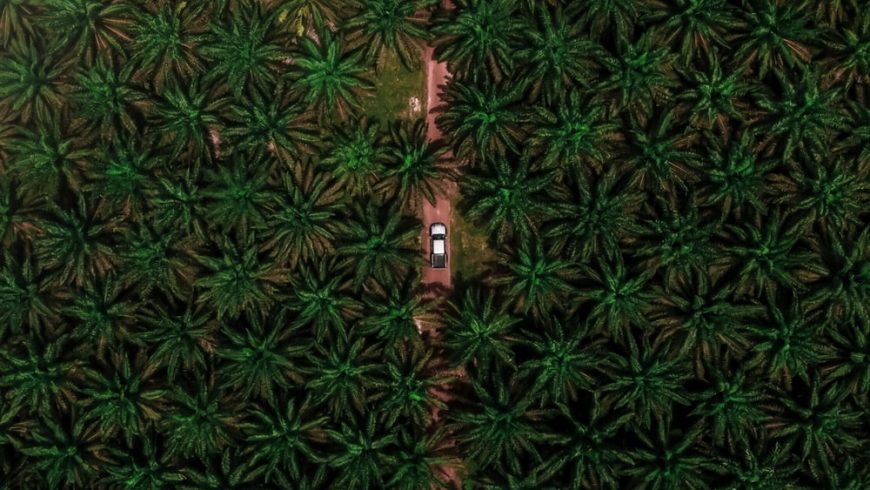
Take the incredibly sought-after palm oil: its production entails the complete eradication of specialized species which are naturally meant to inhabit a tropical ecosystem and protect it. As palm oil trees are planted, the bioavailability of organic substances in soil plummets drastically, therefore leading to a lack of nutrients in vegetation, which is then consumed by famished fauna.
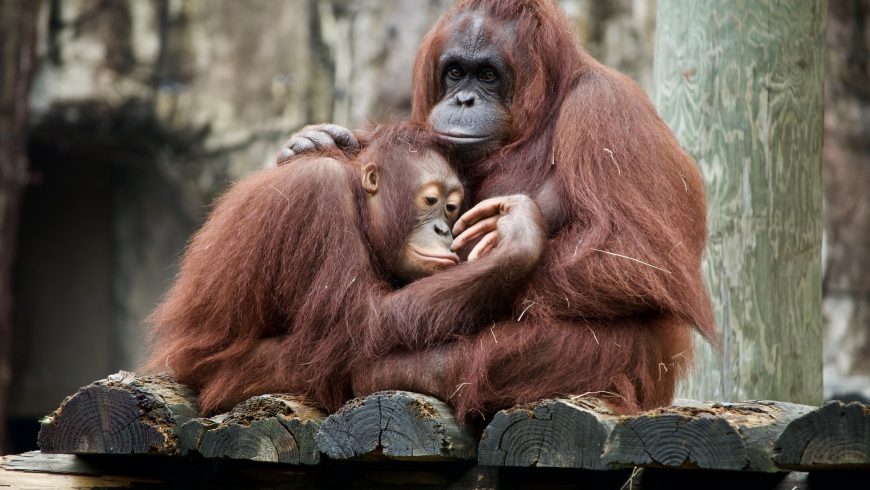
The destruction of this precious habitat has resulted in the endangerment of many species such as orangutans, which according to IUCN (International Union for Conservation of Nature), is meant to amount to only 47.000 specimens in 2025. As we turn a blind eye to this saddening catastrophe, other generalized species such as rats, flies, and mosquitos proliferate extensively.
Conclusions
Loss of biodiversity and an increase in pandemics are two sides of the same coin. Evidence now evident points out that the proliferation of generalist species, caused by intensive deforestation, leads to the irreversible spread of dangerous viruses and pathogens all over the world. And its ultimate destination seems to be humanity itself.
By protecting the ecosystem and forests, we can defend ourselves against pandemics and the terrible consequences they entail.
Author: Arianna Celeste
Cover image: Nagy Arnold
